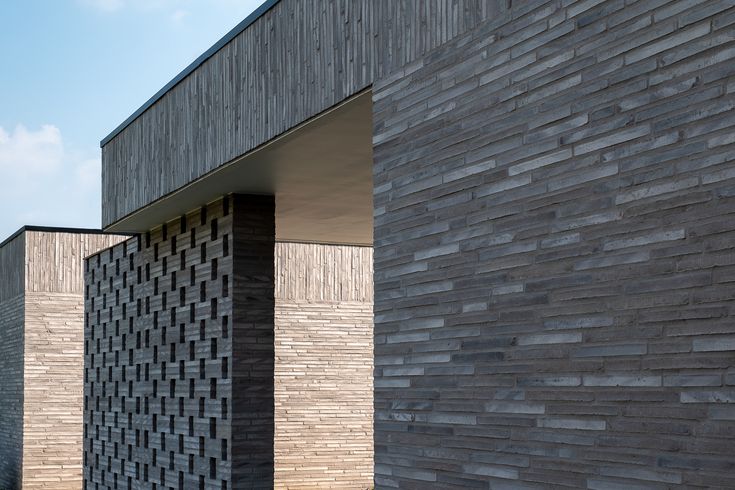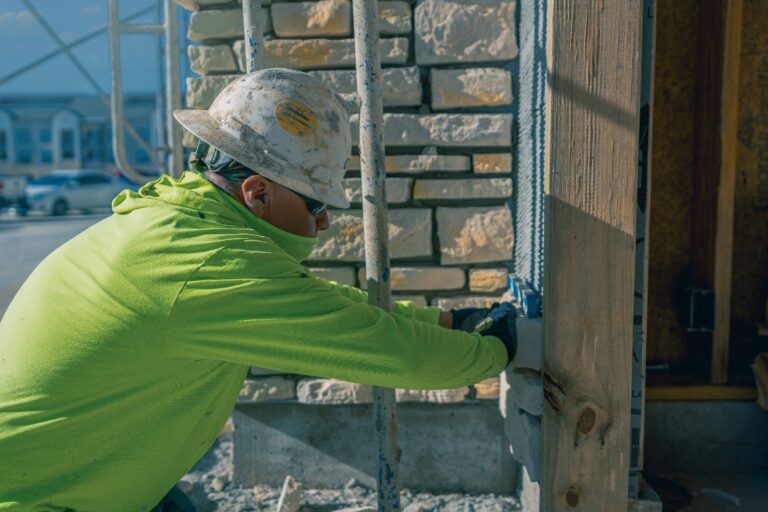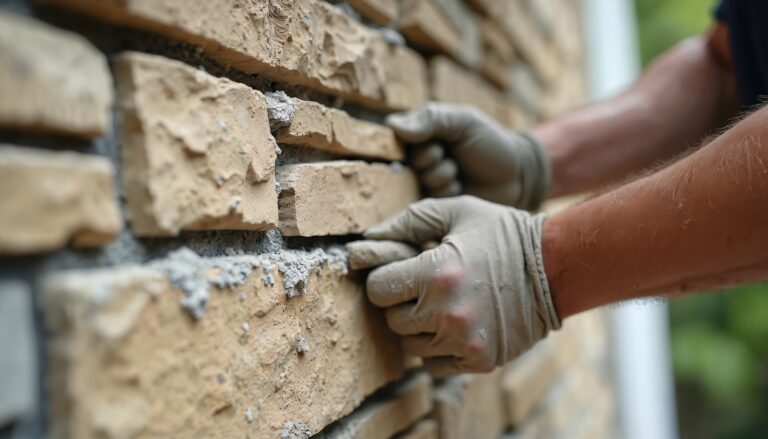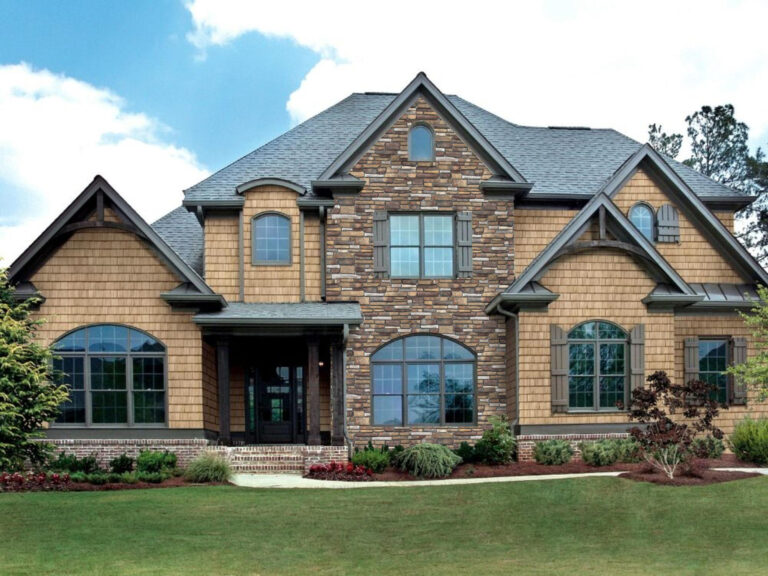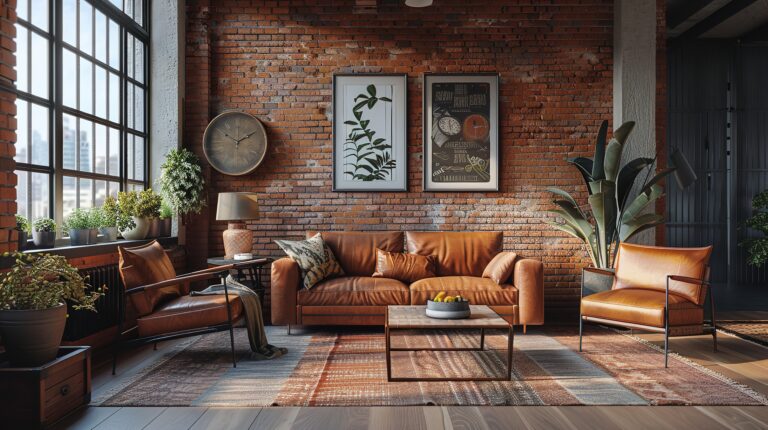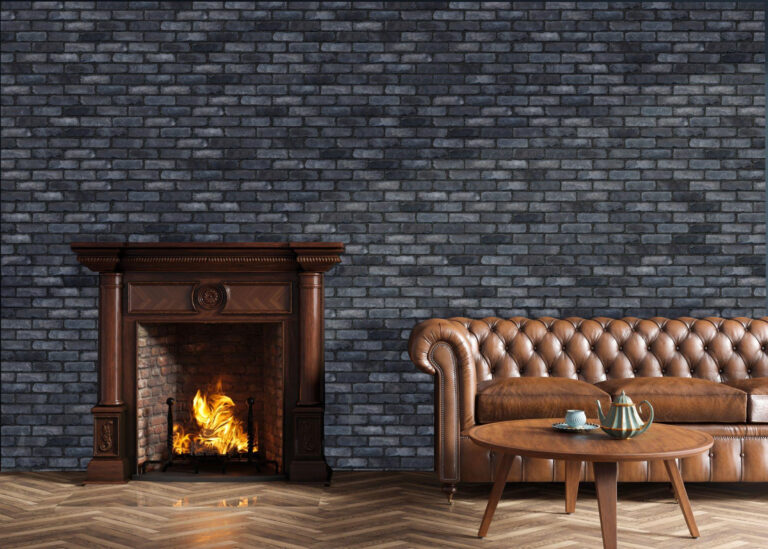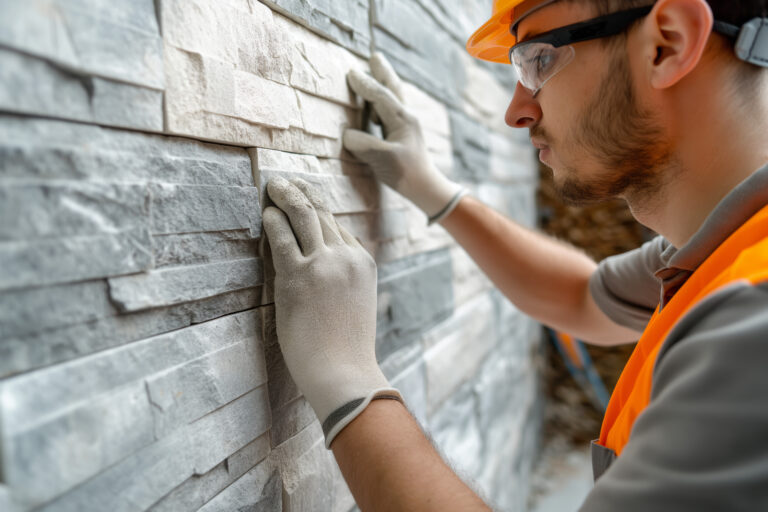The Return of Linear Brick: Bridging Modern Design with Italian Old World Charm
In modern architecture and design, few materials manage to blend timeless appeal with sleek innovation quite like linear brick. Also known as long-format brick, this elongated brick style is reshaping how we approach both interior and exterior design. Surprisingly, its roots trace back to the Old World architecture of Italy, where brick has long been celebrated for its warmth, strength, and charm.
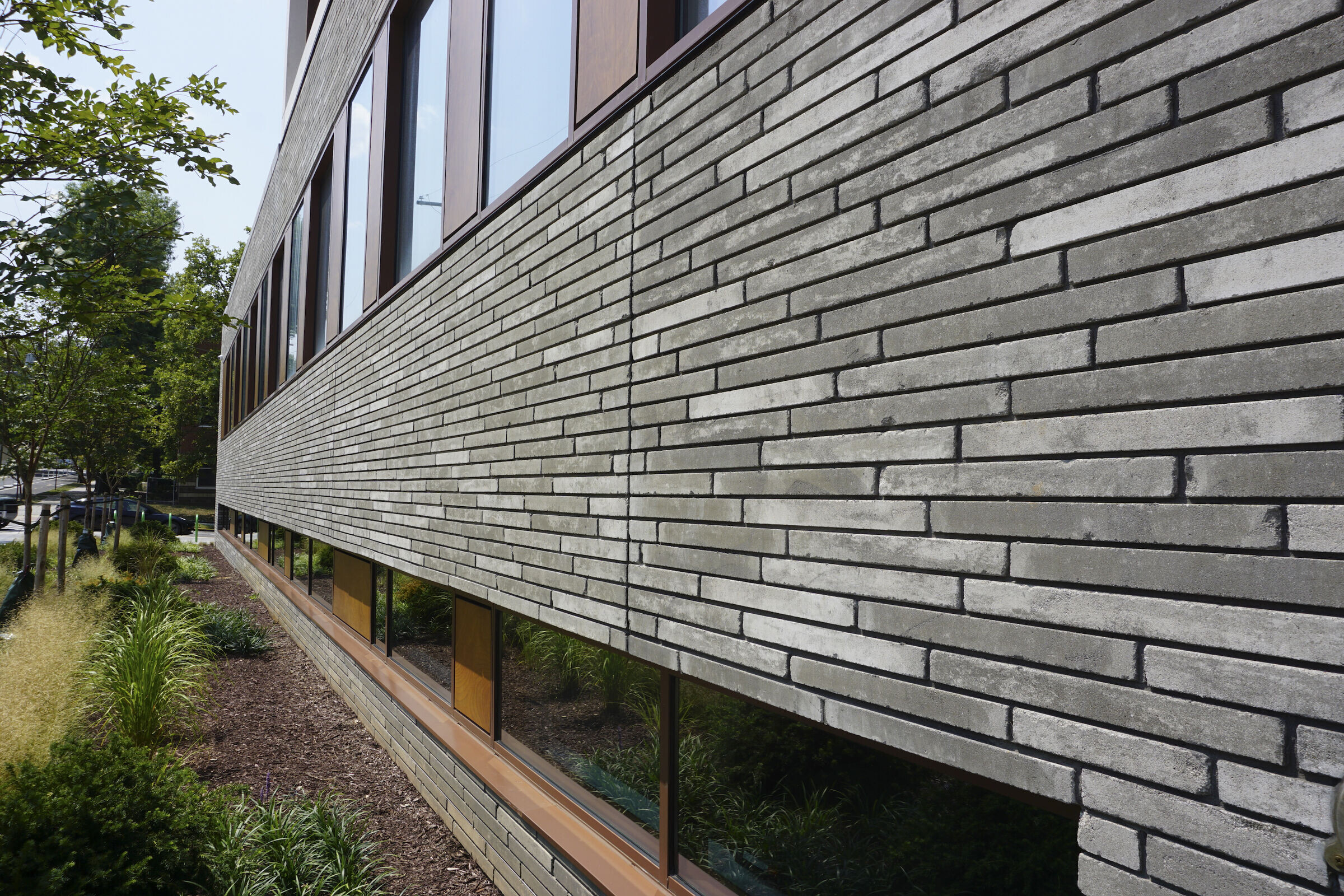
In modern architecture and design, few materials manage to blend timeless appeal with sleek innovation quite like linear brick. Also known as long-format brick, this elongated brick style is reshaping how we approach both interior and exterior design. Surprisingly, its roots trace back to the Old World architecture of Italy, where brick has long been celebrated for its warmth, strength, and charm.
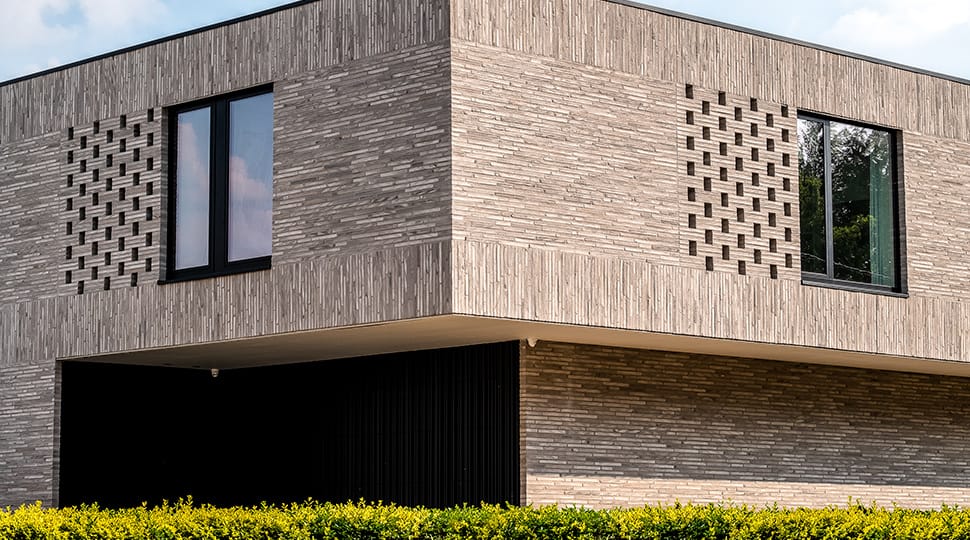
What Is Linear Brick?
Linear brick (or long brick) is a slender, horizontally-stretched variation of the traditional brick. Often measuring 18–24 inches in length and only 2 inches in height, this format introduces sleek lines and a minimalistic rhythm to walls, both inside and out.
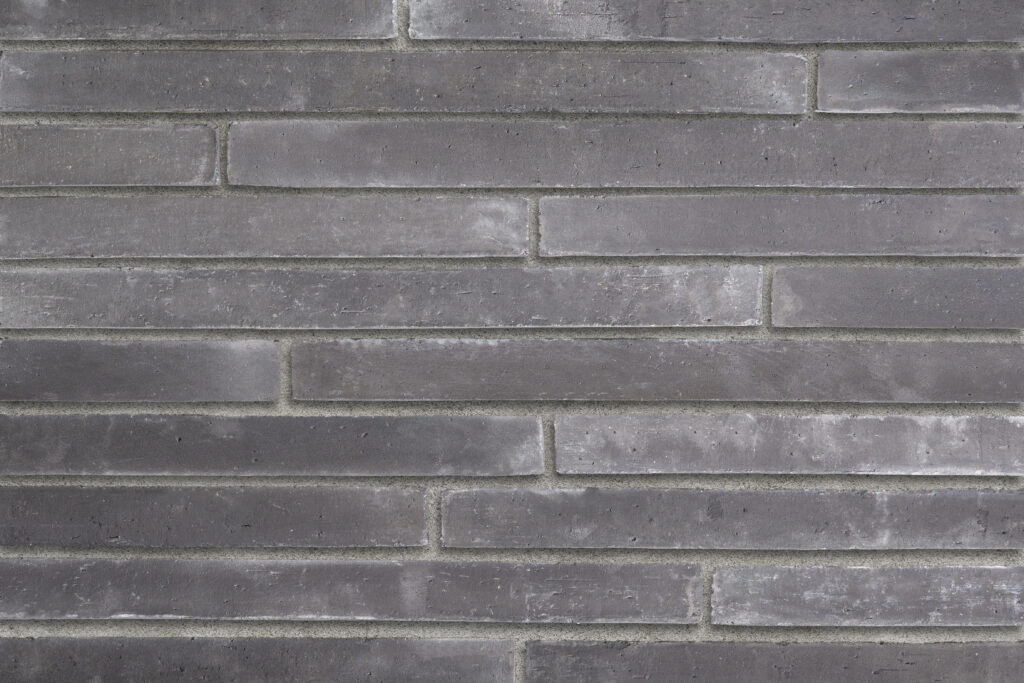
Linear Brick in Modern Building Design
Exterior Applications
Used in facades, entryways, and garden walls, linear brick exteriors provide a visually expansive effect. The long horizontal lines subtly guide the eye across the structure, reinforcing a clean, modern aesthetic.
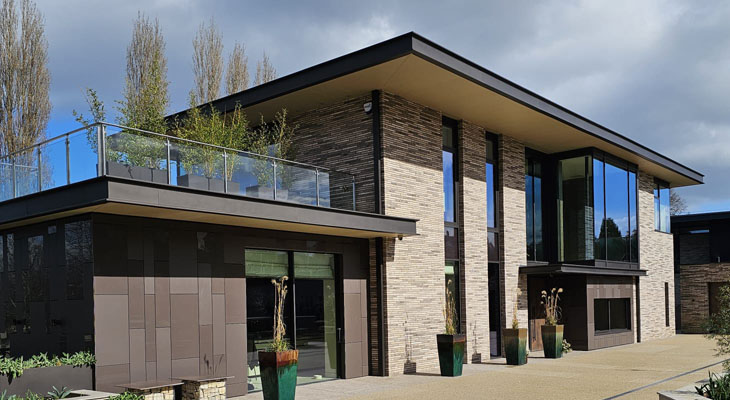

Interior Design Uses
From fireplace surrounds to feature walls and kitchen backsplashes, long bricks bring warmth and texture indoors while maintaining simplicity. Their slender profile is ideal for modern, minimalist interiors.
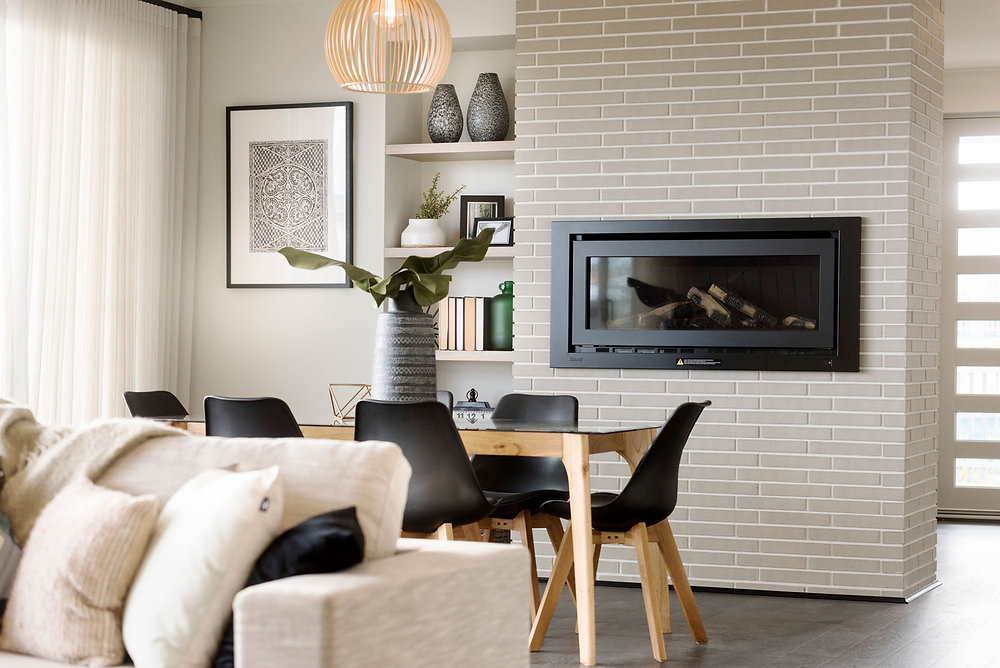
Linear Brick vs. Old World Italian Brickwork
In Italy, brick construction dates back centuries, particularly in regions like Tuscany and Umbria. These bricks were typically handmade and baked in small batches, resulting in charming imperfections and regional color variation.
Key Characteristics of Old World Italian Brick:
- Smaller, irregular dimensions
- Laid in decorative patterns such as herringbone or running bond
- Combined with stone or terracotta in arches and facades
- Used extensively in load-bearing walls, churches, and rural homes
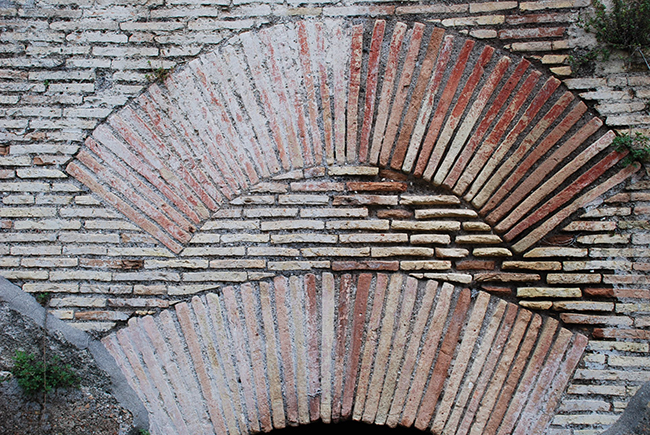
Bridging the Old and the New
Today’s architects are blending the historic charm of Italian masonry with the precision of modern linear brick. By combining traditional textures with long-format layouts, designers are achieving an aesthetic that feels both rooted and refined.
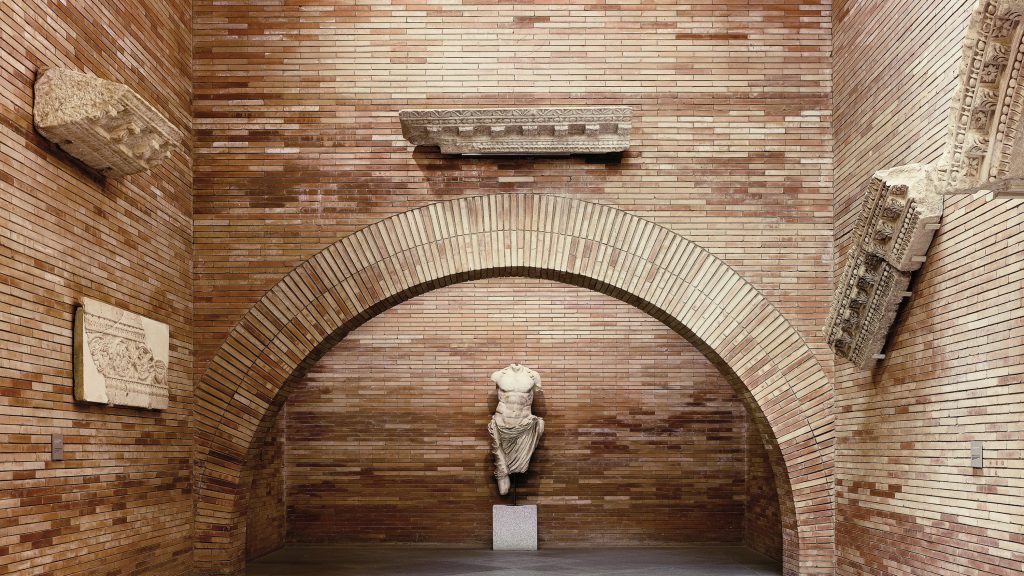
Popular Combinations:
- Linear brick + natural stone
- Linear brick + wood paneling
- Long brick + industrial steel elements
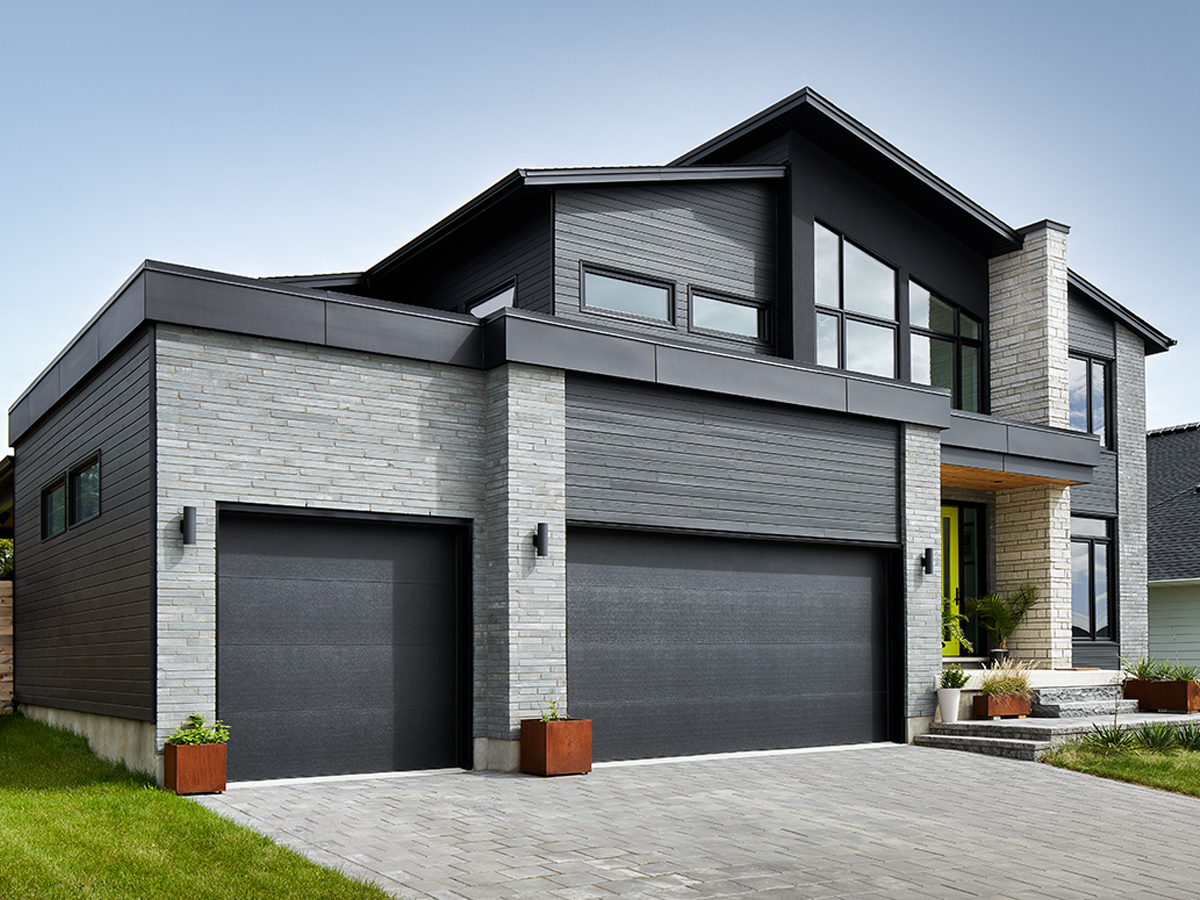
Why Linear Brick Is Gaining Popularity
Architects and designers are embracing linear brick for its:
- Modern look with timeless appeal
- Durability and low maintenance
- Versatile use indoors and outdoors
- Sustainability and energy efficiency
Whether you’re creating a high-end commercial facade or a warm, modern home interior, linear brick offers a perfect union of old and new—bridging centuries of design innovation.
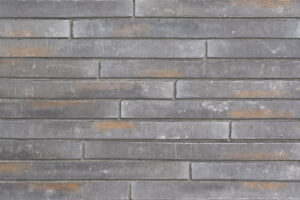
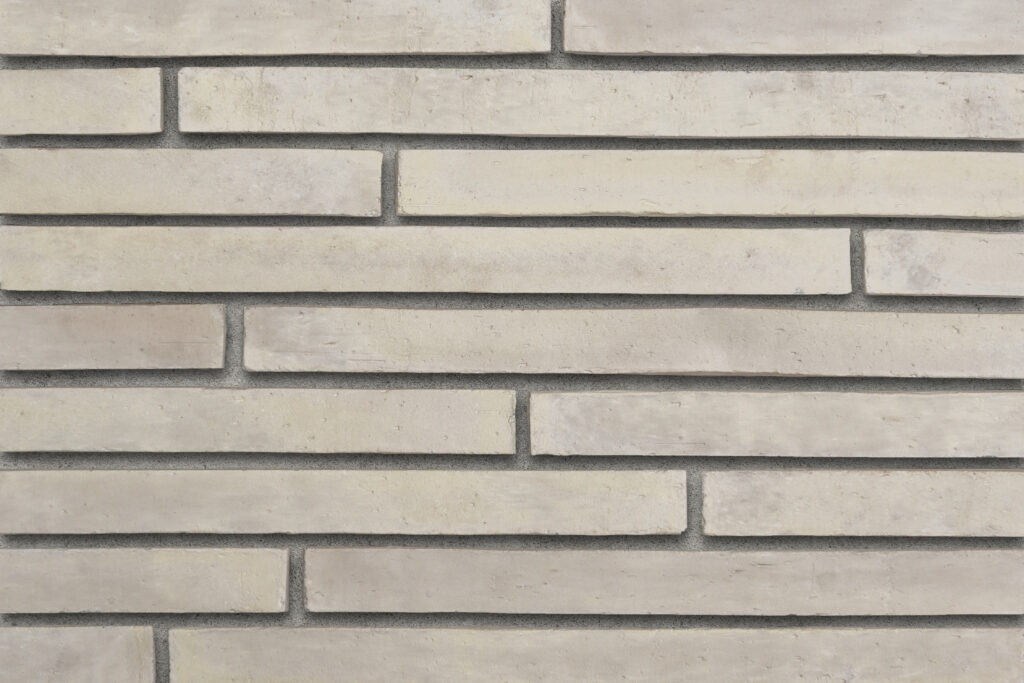
Conclusion
From the rustic villas of Tuscany to the clean lines of modern architecture, brick continues to inspire. With the rising popularity of linear brick, we see a beautiful evolution that honors tradition while embracing innovation. For builders, designers, and homeowners alike, long-format brick is a smart, stylish, and enduring choice.
